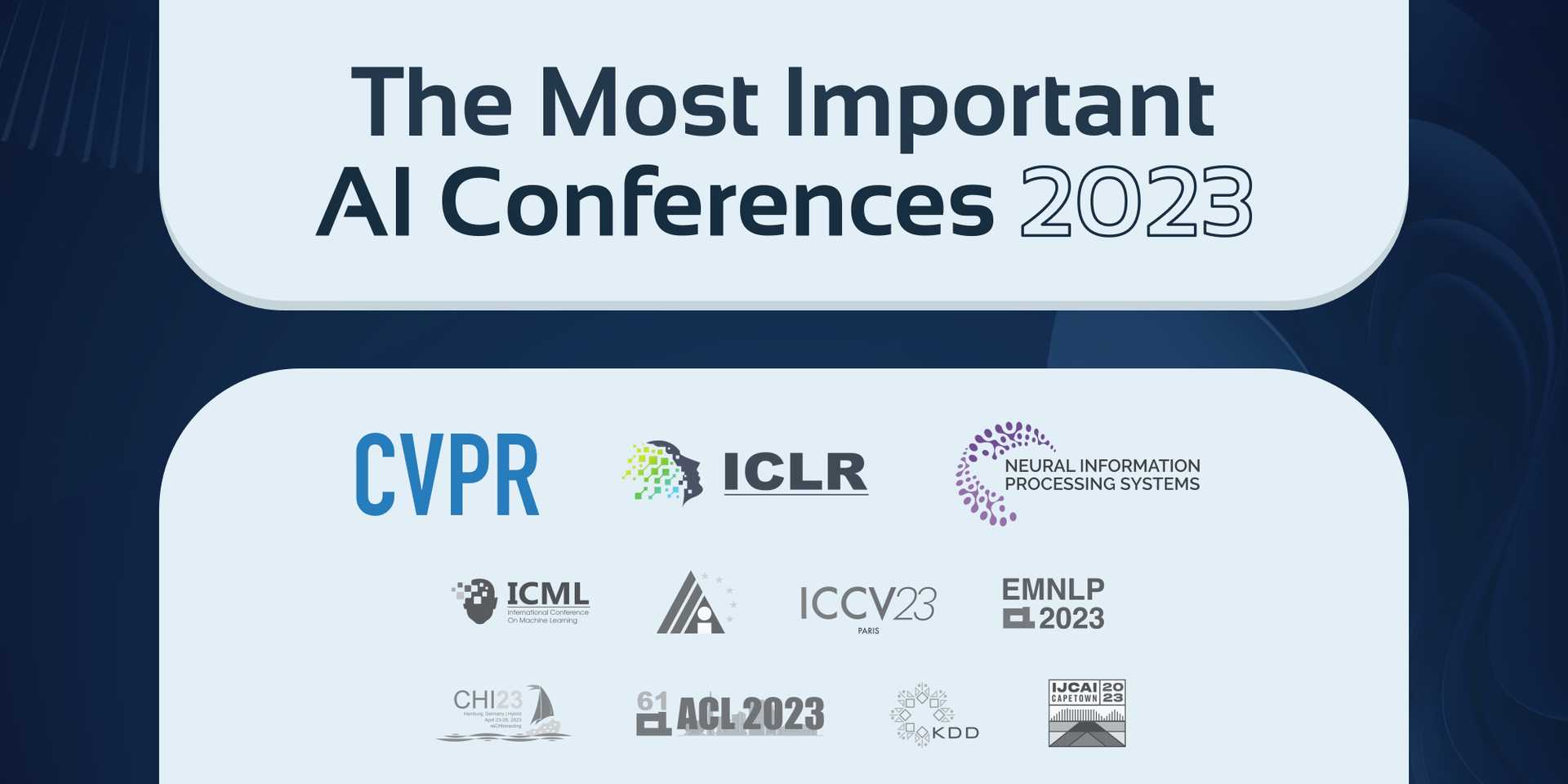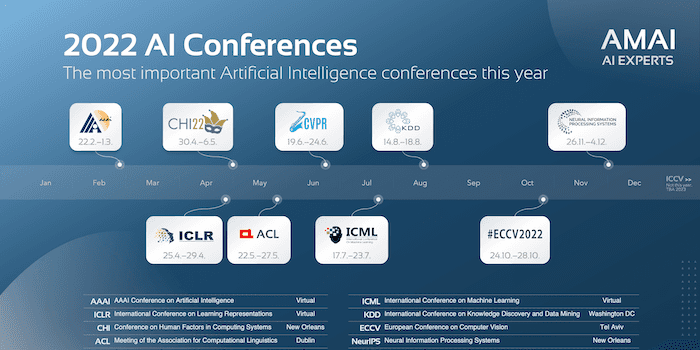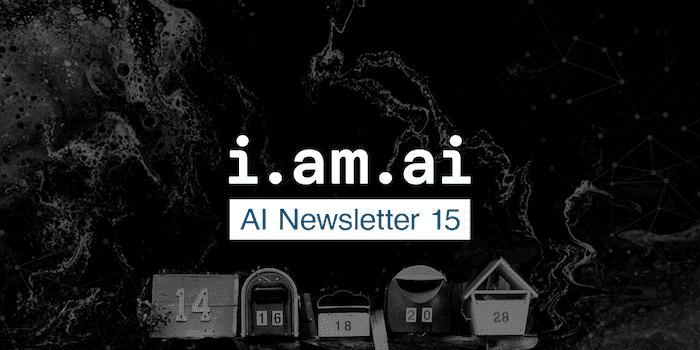Our current research project is about how goods get into the package - and into the "perfect package" at that. The aim is to use AI to help make the packing process more efficient and to optimize shipping, making both more economical and environmentally friendly without compromising delivery times.
Together with our project partners from the Institute for Materials Handling and Logistics Systems at the Karlsruhe Institute of Technology (KIT) and the software manufacture of DR. THOMAS + PARTNER (TUP), which specializes in logistics, our AI experts from AMAI want to present results as early as the end of the year in the form of an initial demonstration with real data. The project is funded by the "KI-Innovationswettbewerb Baden-Württemberg" of the Ministry of Economics, Labor and Housing of the State of Baden-Württemberg. The funding of innovative and complex collaborative research projects is intended to accelerate the transfer of AI technologies and knowledge, especially to small and medium-sized enterprises, so that they can continue to compete in global markets in the future.
Today, however, picking, packing and transport processes are characterized primarily by their inefficiency in favor of fast delivery times at the expense of resources and CO2 emissions. With parcel shipping growing rapidly every year - and not just because of the Corona crisis - there is enormous potential for savings for companies and institutions, especially in B2C e-commerce, if they take a more holistic view of their logistics processes and focus not just on the speed of outbound goods. This is precisely where the "perfect package" comes in, ensuring that packages are packed better in the future, i.e. with less air, so that less packaging waste is produced and fewer transports are required as a result of the "smaller" packages. Delivery times are not to be affected, so that the customer continues to receive prompt delivery.
This is made possible by AI-based reinforcement learning: Whereas complex algorithms have so far only been able to solve and improve individual subtasks independently of one another, "reinforcement learning" can be used to represent and solve the entire process with all its interactions and interdependencies in a holistic manner. Compared to complex algorithms, processes based on AI have significantly shorter runtimes and require less computing power. At the same time, AI can be permanently optimized via reinforcement learning and thus adapt to a wide range of warehouse configurations and business models. It not only suggests the best possible utilization of transport vehicles, but also which of the ordered goods go together in a package and how they are best positioned in it.
This innovative AI solution for logistics designs the packing and shipping processes of the future to be more economical and environmentally friendly without affecting delivery times. We at AMAI GmbH will be happy to advise you with our AI experts on AI and reinforcement learning or the optimization of your (logistics) processes with artificial intelligence.


